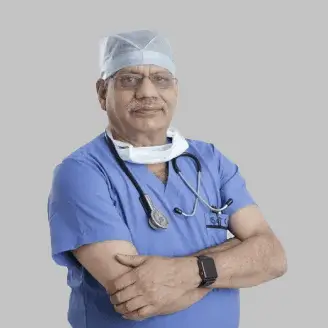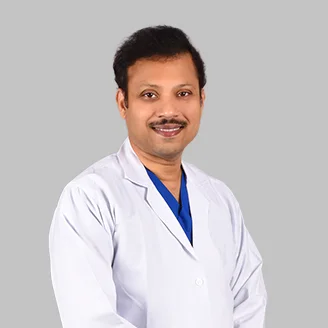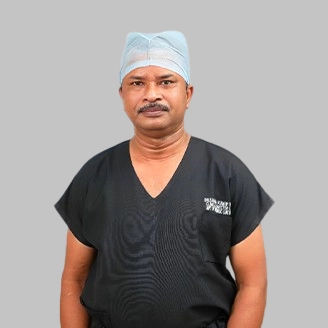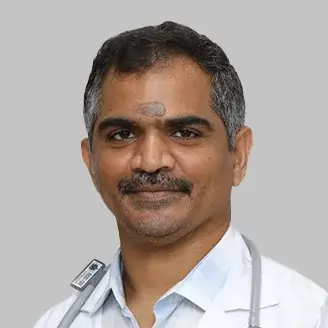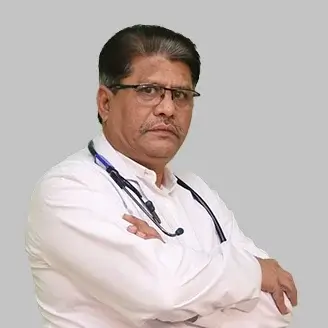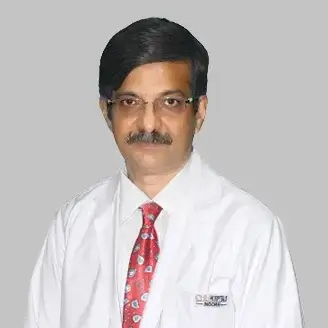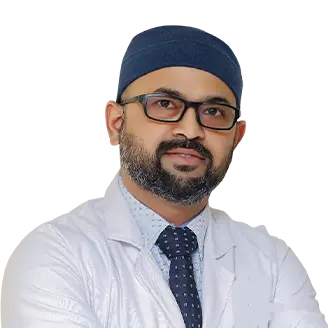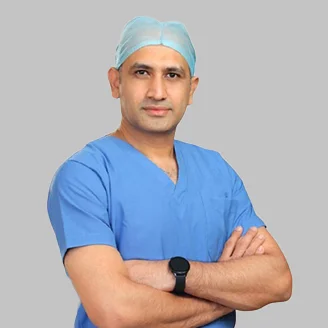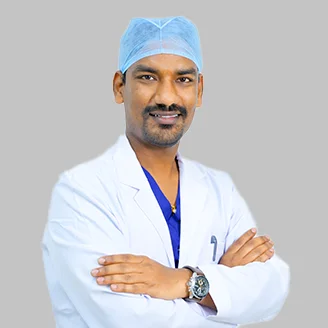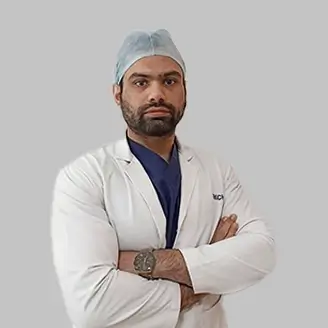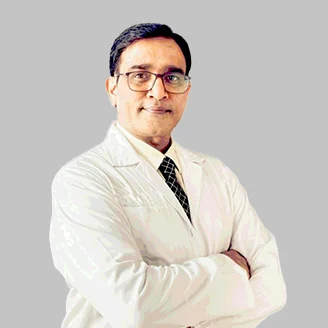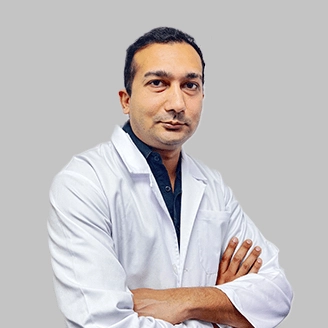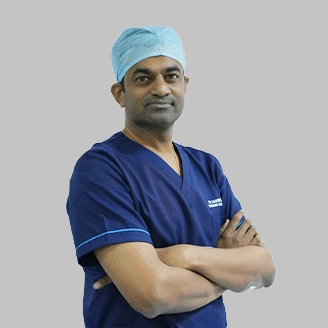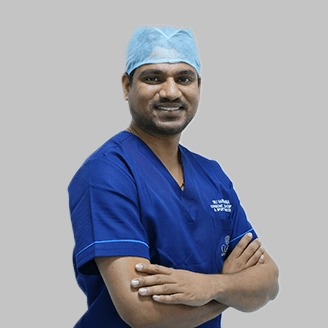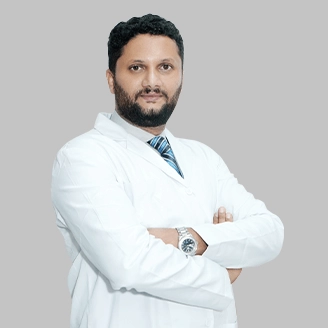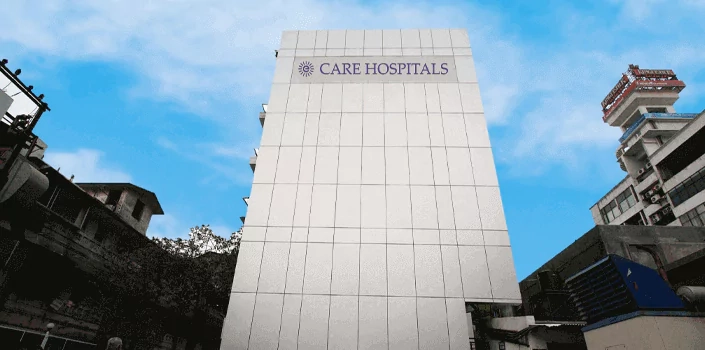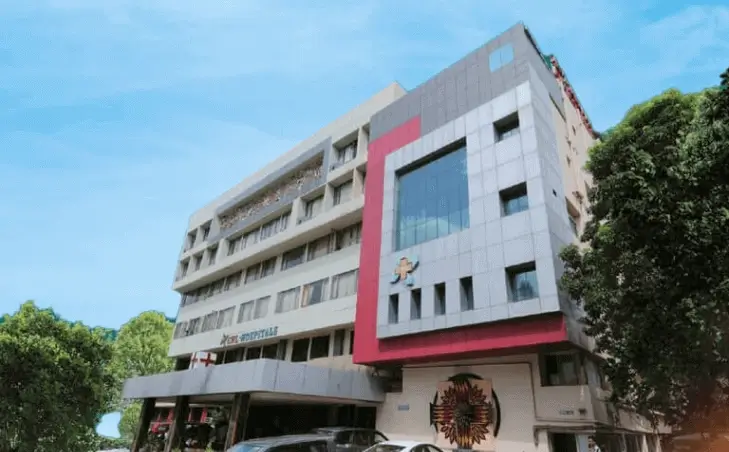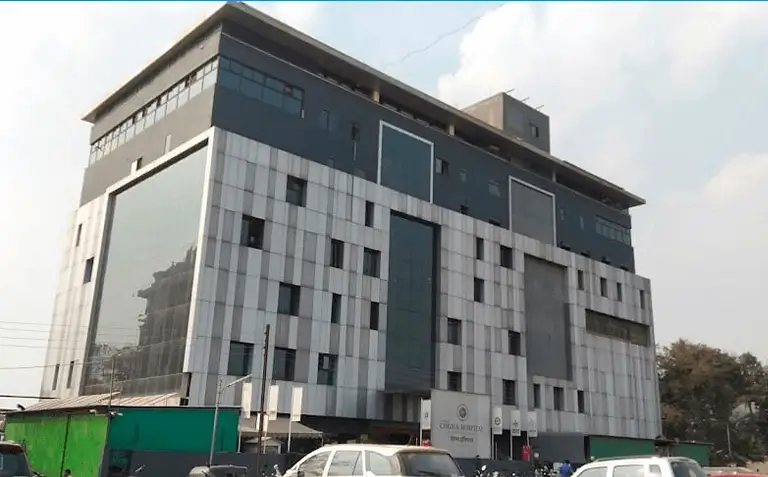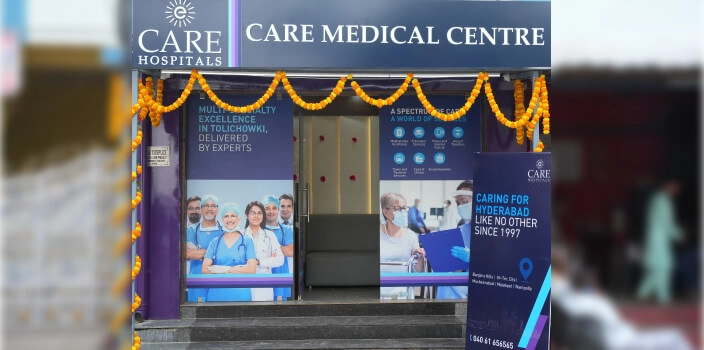-
Doctors
-
Specialities & Treatments
Centre of Excellence
Specialties
Treatments and Procedures
Hospitals & Directions HyderabadCARE Hospitals, Banjara Hills CARE Outpatient Centre, Banjara Hills CARE Hospitals, HITEC City CARE Hospitals, Nampally Gurunanak CARE Hospitals, Musheerabad CARE Hospitals Outpatient Centre, HITEC City CARE Hospitals, Malakpet
HyderabadCARE Hospitals, Banjara Hills CARE Outpatient Centre, Banjara Hills CARE Hospitals, HITEC City CARE Hospitals, Nampally Gurunanak CARE Hospitals, Musheerabad CARE Hospitals Outpatient Centre, HITEC City CARE Hospitals, Malakpet Raipur
Raipur
 Bhubaneswar
Bhubaneswar Visakhapatnam
Visakhapatnam
 Nagpur
Nagpur
 Indore
Indore
 Chh. Sambhajinagar
Chh. SambhajinagarClinics & Medical Centers
Book an AppointmentContact Us
Online Lab Reports
Book an Appointment
Consult Super-Specialist Doctors at CARE Hospitals

Best Hospitals for Arthroscopic Knee Aspiration Surgery in Hyderabad
- Advanced Technology
- Shorter Hospital Stay
- Pre & Post-Operative Care
- All Insurance Accepted

Chat With Our Experts
Get second opinion on Whatsapp
25 lakhs+
Happy Patients
Experienced and
skilled surgeons
17
Health Care Facilities
Top most Referral Centre
for Complex Surgeries
Advanced Arthroscopic Knee Aspiration Surgery
Arthroscopic knee aspiration works as both a diagnostic and treatment procedure. It targets the body's largest synovial cavity - the knee joint. This minor surgical technique helps doctors not only identify joint issues but also relieve pain and swelling by removing fluid from the knee joint.
Knee aspiration has become a vital medical tool today. Septic arthritis of the native knee leads to thousands of hospital stays each year. Knee aspiration procedure relieves its symptoms. Ultrasound guidance during fluid removal also improves aspiration volume and boosts accuracy rates. Arthroscopic lavage delivers better clinical success than open arthrotomy to treat infections and cut down complication risks.

Why CARE Group Hospitals is Your Top Choice for Arthroscopic Knee Aspiration Surgery in Hyderabad
CARE Hospitals is the go-to destination for patients who need arthroscopic knee aspiration in Hyderabad. Our hospital performs hundreds of arthroscopic procedures annually.
The surgical team at CARE has renowned orthopaedic specialists with decades of experience. They ensure that you receive world-class care throughout your treatment. They specialise in arthroscopic surgeries, ACL reconstruction, major trauma treatment, sports medicine and joint replacement surgery.
Best Arthroscopic Knee Aspiration Surgery Doctors in India


Cutting-edge Surgical Solutions at CARE Hospitals
CARE Hospitals uses advanced technology to give exceptional results. At our facility, our surgeons use high-definition arthroscopic cameras that give them a clear view of the knee joint. This makes the procedure simple and effective.
The hospital is equipped with specialised arthroscopic fluid management systems. This system ensures precise control during knee aspiration procedures.
Computer-assisted navigation systems make these delicate operations more accurate.
When You Need Arthroscopic Knee Aspiration Surgery
CARE Hospital's doctors recommend knee aspiration for several conditions:
- A torn meniscus that causes pain and mobility problems
- Anterior cruciate ligament injuries that need repair
- Synovitis (inflammation of the joint lining)
- Loose bone or cartilage fragments in the knee joint
- Large, painful joint effusions that require drainage
Types of Coronary Arthroscopic Knee Aspiration Procedures
CARE Hospitals provides complete arthroscopic solutions through different approaches:
- The parapatellar approach uses an 18-gauge needle below the midpoint of either the medial or lateral border of the patella.
- The suprapatellar approach involves needle entry through the superior borders toward the intercondylar notch.
- The arthroscopic knee aspirations help relieve pain immediately.
- This diagnostic procedure helps doctors learn about conditions like gout, arthritis, or joint infections.
Each patient gets a customised procedure that ensures the best results with minimal recovery time.
Know the Procedure
Patients who understand knee fluid removal procedures tend to feel more confident and recover better. Knowledge about what happens at the time of surgery and recovery helps reduce anxiety and leads to improved outcomes.
Pre-surgery Preparation
The doctor needs to examine symptoms and review the medical history before an arthroscopic knee aspiration. The patient's physical examination and imaging tests like X-rays or MRI scans help create a treatment plan.
Patients need to follow these guidelines:
- Blood thinners and anti-inflammatory medications should stop two weeks before surgery
- Food and drinks should be avoided 6-12 hours before the procedure
- Someone must drive you home after surgery
- Your home should be free of tripping hazards to ensure safe recovery
Arthroscopic Knee Aspiration Surgical Procedure
The surgeon follows these steps:
- Cleans and stabilises the knee
- Administers local, regional, or general anaesthesia
- Makes small incisions in the knee
- Inserts an arthroscope with a camera
- Removes fluid using an 18-gauge needle with a 30-60 cc syringe
This whole procedure usually takes less than an hour.
Post-surgery Recovery
Recovery requires these steps:
- Elevate the leg above heart level to minimise swelling
- Use ice packs for 20 minutes several times daily
- Take pain medication according to the prescription
- Start gentle range-of-motion exercises based on recommendations
- Patients typically go home the same day and return to desk work within a week.
Risks and Complications
Complications are rare but may include:
- Joint infection
- Deep vein thrombosis
- Pulmonary embolism
- Bleeding at the aspiration site
Benefits of Arthroscopic Knee Aspiration Surgery
The procedure offers several advantages:
- Small incisions minimise invasiveness
- Healthy tissue experiences less trauma
- Patients feel less pain compared to open surgery
- Daily activities resume faster
Insurance Assistance for Arthroscopic Knee Aspiration Surgery
Health insurance typically covers arthroscopic knee aspiration when a doctor deems it necessary. Some policies might require waiting periods for specific conditions.
Second Opinion for Arthroscopic Knee Aspiration Surgery
Research shows that second opinions substantially affect treatment decisions. Specialists can give explanations about your diagnosis and treatment choice. Most doctors welcome new opinions and use this information to plan the treatment.
Final Thoughts on Arthroscopic Knee Aspiration
Arthroscopic knee aspiration represents a breakthrough in medical treatment for patients with knee pain and mobility issues. This minimally invasive procedure helps doctors diagnose problems accurately and provides pain relief at the same time. CARE Hospitals leads in arthroscopic knee aspiration procedures with their specialised surgical team and advanced equipment.
Your treatment success largely depends on good preparation. Following your doctor's pre-surgery guidelines leads to a smoother recovery.
CARE Hospitals provides expert hands for knee aspiration procedures. Surgical expertise, along with advanced technology and complete care, guarantees smooth healing. Your knees support every step - they deserve nothing but the best care.
Arthroscopic Knee Aspiration Surgery Hospitals in India
-
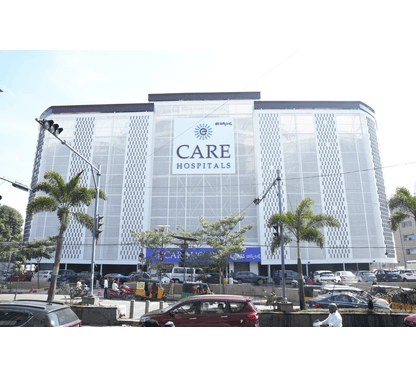
CARE Hospitals, Banjara Hills, Hyderabad
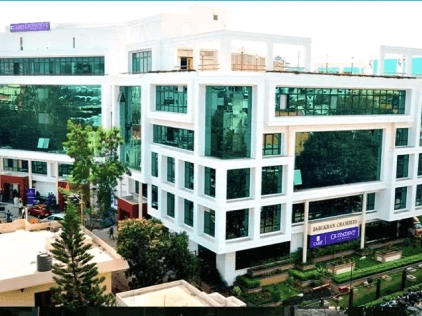
CARE Hospitals Outpatient Centre, Banjara Hills, Hyderabad
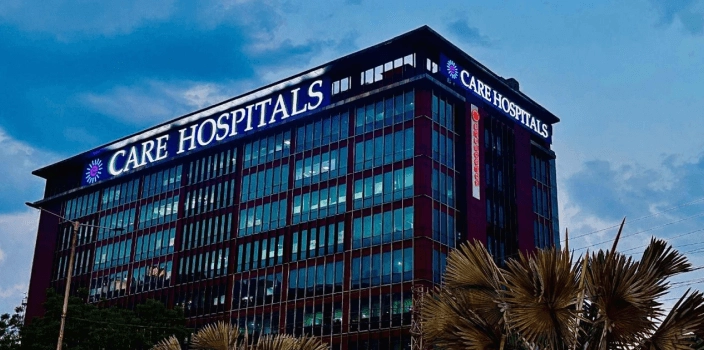
CARE Hospitals, HITEC City, Hyderabad
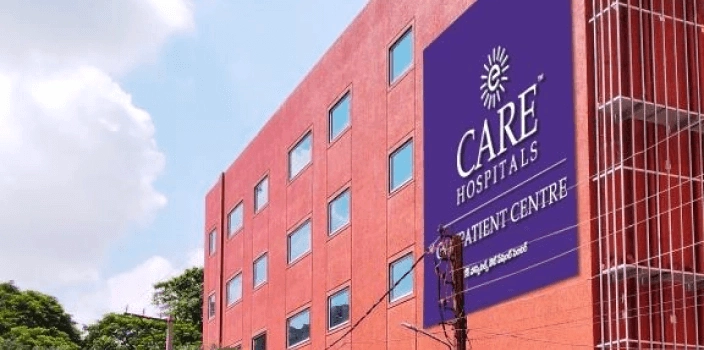
CARE Hospitals Outpatient Centre, HITEC City, Hyderabad
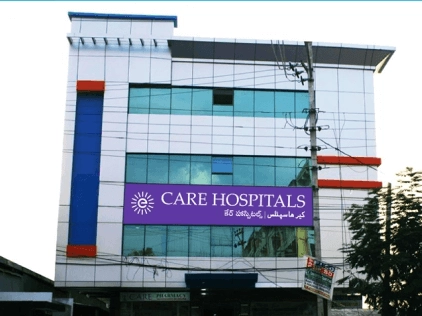
Gurunanak CARE Hospitals, Musheerabad, Hyderabad
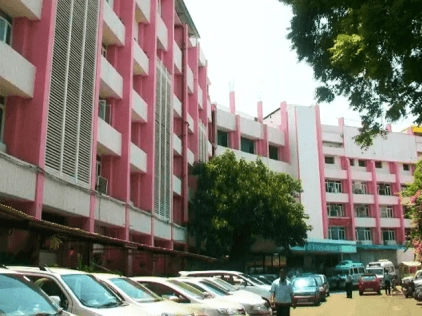
CARE Hospitals, Nampally, Hyderabad
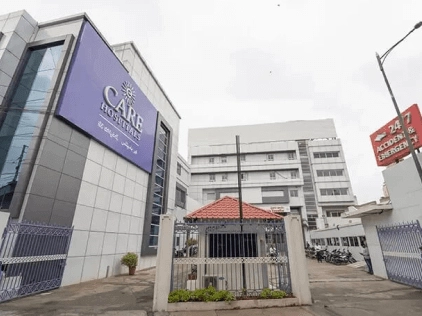
CARE Hospitals, Malakpet, Hyderabad
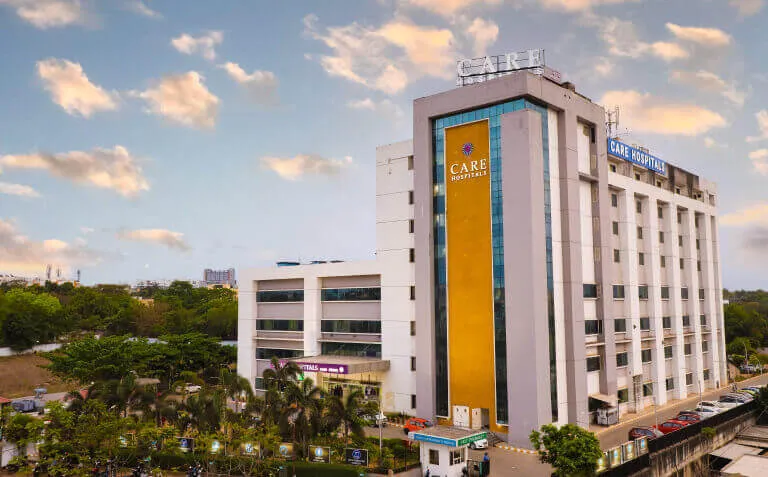
CARE Hospitals, Bhubaneswar
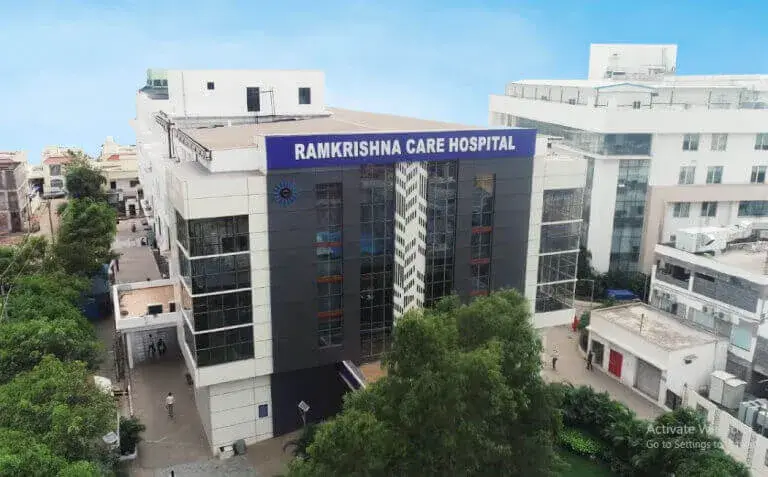
Ramkrishna CARE Hospitals, Raipur
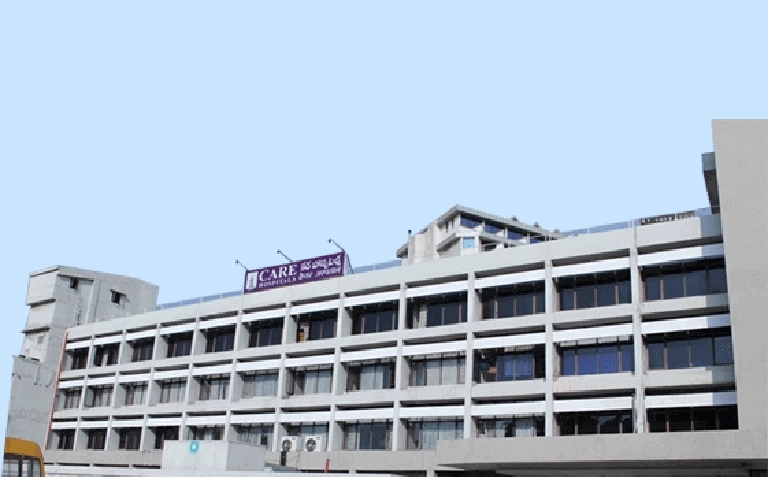
CARE Hospitals, Ramnagar, Visakhapatnam
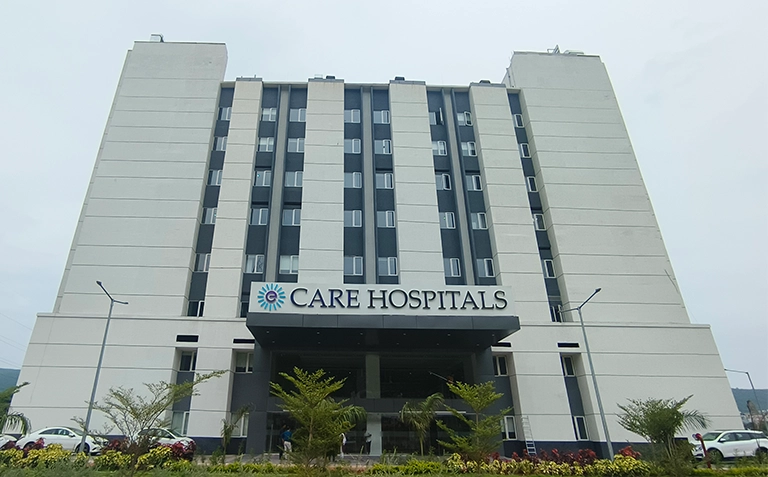
CARE Hospitals, Health City, Arilova
Related Surgeries
- Best Hospital for Spinal Fusion Surgery in Hyderabad
- Best Hospitals for Ankle Surgery in Hyderabad
- Best Hospital for Carpal Tunnel Release Surgery in Hyderabad
- Best Hospitals for Ligament Repair Surgery in Hyderabad
- Best Hospitals for Elbow Surgery in Hyderabad
- Best Hospitals for Arthroscopic Meniscal Repair Surgery in Hyderabad
- Best Hospital for Arthroscopy Surgery in Hyderabad
- Best Hospital for ORIF(Open Reduction Internal Fixation) Surgery in Hyderabad
- Best Hospital for Spine Decompression Surgery in Hyderabad
- Best Hospitals for Shoulder Arthroscopy Surgery in Hyderabad
- Best Hospital for K-Wire Fixation Surgery in Hyderabad
- Best Hospitals for Arthroscopic Knee Aspiration Surgery in Hyderabad
- Best Hospital for Bipolar Hemiarthroplasty Surgery in Hyderabad
- Best Hospital for Hemarthrosis Knee Surgery in Hyderabad
- Best Hospital for Meniscus Surgery (Meniscectomy) in Hyderabad
- Best Hospital for Proximal Femoral Nail (PFN) Surgery in Hyderabad
- Best Hospitals for Osteotomy Surgery in Hyderabad
- Best Hospitals for Arthroscopic Reconstruction Surgery in Hyderabad
- Best Hospitals for Bone Marrow Aspirate Concentrate (BMAC) Surgery in Hyderabad
- Best Hospital for Tension Band Wiring Surgery in Hyderabad
- Best Hospital for Shoulder Rotator Cuff Repair Surgery in Hyderabad
- Best Hospital for Shoulder Replacement Surgery in Hyderabad
- Best Hospital for Humerus Plating Surgery in Hyderabad
- Best Hospital for Tendon Repair Surgery in Hyderabad
- Best Hospital for Spinal Decompression Surgery in Hyderabad
- Best Hospital for Posterior Cruciate Ligament (PCL) Surgery in Hyderabad
- Best External Fixator Surgery in Hyderabad
- Best Hospital for UCL Reconstruction Surgery in Hyderabad
- Best Hospital for Hip Resurfacing Surgery in Hyderabad
- Best Hospital for Ganglionectomy in Hyderabad
Frequently Asked Questions
A surgeon performs arthroscopic knee aspiration by using a hollow needle and syringe to remove synovial fluid from your knee joint. They insert a tiny camera (arthroscope) through small incisions to see inside your knee while removing extra fluid. This helps doctors diagnose joint problems and provides relief from pain and swelling.
The surgery usually takes 30-45 minutes. The exact time depends on your knee's condition and any additional repairs needed. You will spend a few hours at the medical facility for preparation and monitoring after the procedure.
This isn't a major surgery - it's a minimally invasive procedure. Doctors perform it as an outpatient procedure, so you'll head home the same day. The small keyhole-sized incisions cause minimal damage to surrounding tissues.
Your recovery should take two to six weeks. You can return to desk work within a week. Athletes and active individuals might need up to six weeks before returning to sports. Your healing time depends on the complexity of the procedure and your health condition.
Your doctor might recommend this procedure for:
- Large, painful joint effusions that need drainage
- Unexplained knee swelling or arthritis
- Suspected joint infections
- Crystal-induced arthropathies like gout
- Trauma-causing hemarthrosis (blood in the joint)
- Assessment of torn cartilage or ligaments
Your doctor will likely order these tests:
- Blood tests to check infection markers
- Imaging studies like X-rays or MRI scans
- Electrocardiogram (EKG) if you have heart conditions
Infections are rare but possible. Your risk increases with tobacco use, obesity, diabetes, and complex procedures. Quick treatment with antibiotics and possible additional surgery becomes essential if an infection develops.
Still Have a Question?




